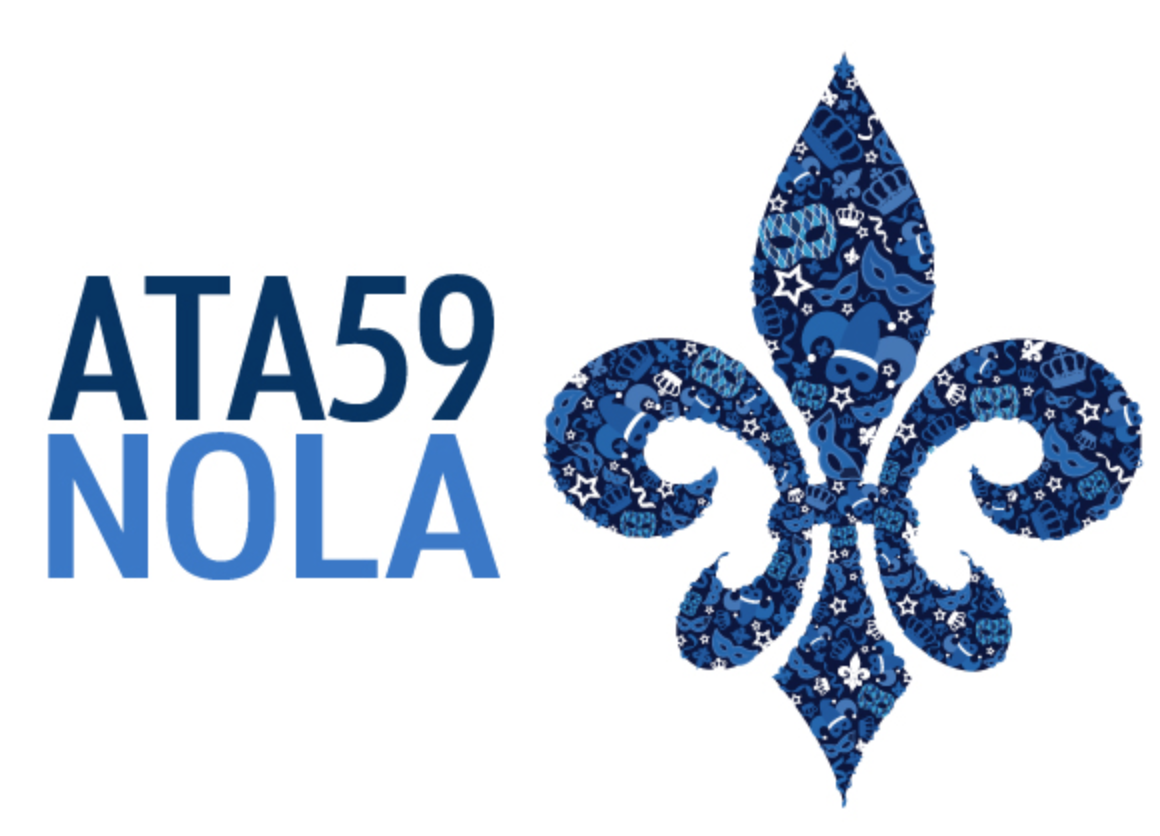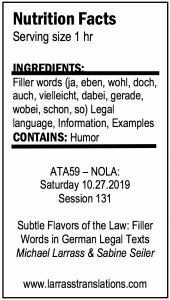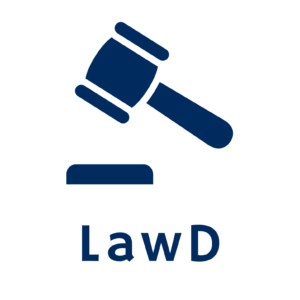 By Heike Holthaus
By Heike Holthaus
Gummi bears. Juicy, flavorful gummi bears. Albeit void of nutritional value, who can resist?
What does this have to do with filler words, you rightfully ask? Well, as Michael and Sabine point out, filler words, too, are void of “nutritional value” – they have no inherent meaning – but they can add a flavorful punch to a sentence.
Let me explain. You are happily translating away on some legal correspondence when the flow is interrupted by a sentence like this one:
Dies will Ihr Mandant nun aber wieder auch nicht so verstanden wissen, hat er uns doch seine revidierte Meinung gleich zweimal schriftlich kundgetan.
…nun aber wieder auch… = …now but again also… Nope. That can’t be it! But what is the attorney saying?
These little, unassuming words (for example: ja, eben, wohl, doch, auch, vielleicht, dabei, gerade, wobei, schon, so) have important functions: They tell you about intention and attitude. Or about the relationship between the parties. At other times they express assumptions about common ground, shared knowledge and agreement. And so they set the tone of the conversation.
Michael offered this as an option for capturing the meaning of “nun aber wieder auch nicht” from above:
This, however, is not how your client wishes us to understand this either; he indeed let us know his revised opinion in writing twice.
Michael explained that filler words or modal particles
- derive their meaning mostly from context
- express the speaker’s mood or attitude to the sentence/sentences
- do not change the truth value of a sentence
- cannot be negated
- cannot be connected with “und” or “oder”
Here are some more of the examples Michael and Sabine shared with the audience:
Das ist schon vom Grundsatz her falsch.
The very principle is wrong.
Das ist schon richtig, doch hat der Mandant eines dabei vergessen.
True enough, but your client forgot one thing.
Das hat mir gerade noch gefehlt.
That’s just what I needed.
Easy enough, right? Well, let’s try this one:
Es ist vielleicht schon ein starkes Stück, uns am Tag vor der Verhandlung noch einen Nachtrag zu servieren. Jetzt fehlt nur noch, dass der Verhandlungsort auch gleich in eine andere Zeitzone verlegt wird.
By itself you might translate vielleicht as perhaps or maybe, for example. During the presentation, Sabine and Michael explored with the audience, how adding schon lends an entirely different meaning to vielleicht – and how it shows the attitude of the author. Sabine had a closer look at how Jetzt fehlt nur noch could be translated:
In its literal sense, it would mean there is only one thing missing to complete something or continue with something. Here it expresses exasperation about the situation and the presenters offered this solution:
They really have a nerve sending us a yet another postscript the day before the hearing. All we need now is for the venue to be changed to one in another time zone.
And then there is the juicy little gummi bear (ehm… word) so. What is its meaning? How should it best be translated? The unanimous answer from the audience: “It depends.”
So hat Ihr Mandant etwa behauptet, dass der erste Anspruch nicht schutzwürdig sei.
In this example, so is defined by the word etwa. Read together, one can interpret so as having the meaning of for example:
For example, your client alleged that the first claim is not worthy of protection.
In contrast:
So, hat unser Mandant etwa jemals behauptet, dass der erste Anspruch nicht schutzwürdig sei?
Can so + etwa be interpreted the same way? Of course not. It only took a comma and a question mark to alter the meaning of so in this example:
Did our client at any time allege that the first claim is not worthy of protection?
In an exchange after the conference, Michael pointed out to me that, in patent translation, how to translate the word wobei depends on in which section of the patent the word is found:
The proper translation of wobei in the patent specifications/description uses the gerund:
…wobei die Schlaufe hinter der Strebe geführt wird > the loop being guided behind the strut
in the claims it is where(in):
…where(in) the loop is guided behind the strut.
This session was a good reminder of how important it is to carefully analyze these roadblocks that can leave a sour taste in our mouth as they bring the translation process to a screeching halt. Seemingly needless words such as gerade, überhaupt, etwa, and wobei, just to name a few, are actually powerful tools to express attitude, mood and intention.
If you missed the session, don’t fret. Michael and Sabine have generously agreed to make the slides available. You can request them via their website (see nutrition label).

About the Author: Heike is a German <> English translator specializing in patents and patent litigation. She also works in the technical and legal field.

Leave a Reply